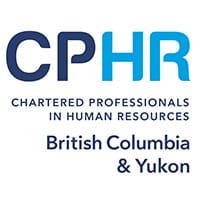The Workers’ Compensation Act of British Columbia mandates that employers are responsible for protecting the health and safety of employees. The well-being of workers can be adversely affected even if they witnessed a traumatic event but were not physically injured. In these cases, workers may be concerned about their ability to make a successful claim for compensation for medical esxpenses without suffering a visible workplace injury.
Suffering a traumatic injury or witnessing a co-worker suffering a fatal or near-fatal injury could cause a mental disorder that may be compensable by WorkSafeBC. Not all workers react in the same way if they experience traumatic events in the workplace; some may get over the trauma relatively quickly, while others might experience long-term psychological distress. Typical diagnoses may include acute stress reactions, anxiety disorder, adjustment disorder, depression or post-traumatic stress disorder.
Psychological workplace injuries could be triggered by a single event or could accumulate over years of frequent exposure to traumatic events or workplace stressors, such as those witnessed daily by paramedics, police officers and other first responders. Treatment of trauma-related conditions could include functional and psychological treatment aimed at preparing the workers to return to work. A wide range of health care treatments may be required to assist the worker in returning to work.
Not all mental disorders arising in the workplace will qualify for compensation; for example, mental disorders caused by performance management or termination of employment will not be accepted by WorkSafeBC. Navigating the process of filing a benefits claim with WorkSafeBC may be challenging enough to exacerbate trauma already incurred in the workplace. For this reason, workers may seek a lawyer with experience in dealing with workplace injuries, whether physical or psychological, to assist through the claims process and appeal processes if necessary, including any hearings or investigation.


